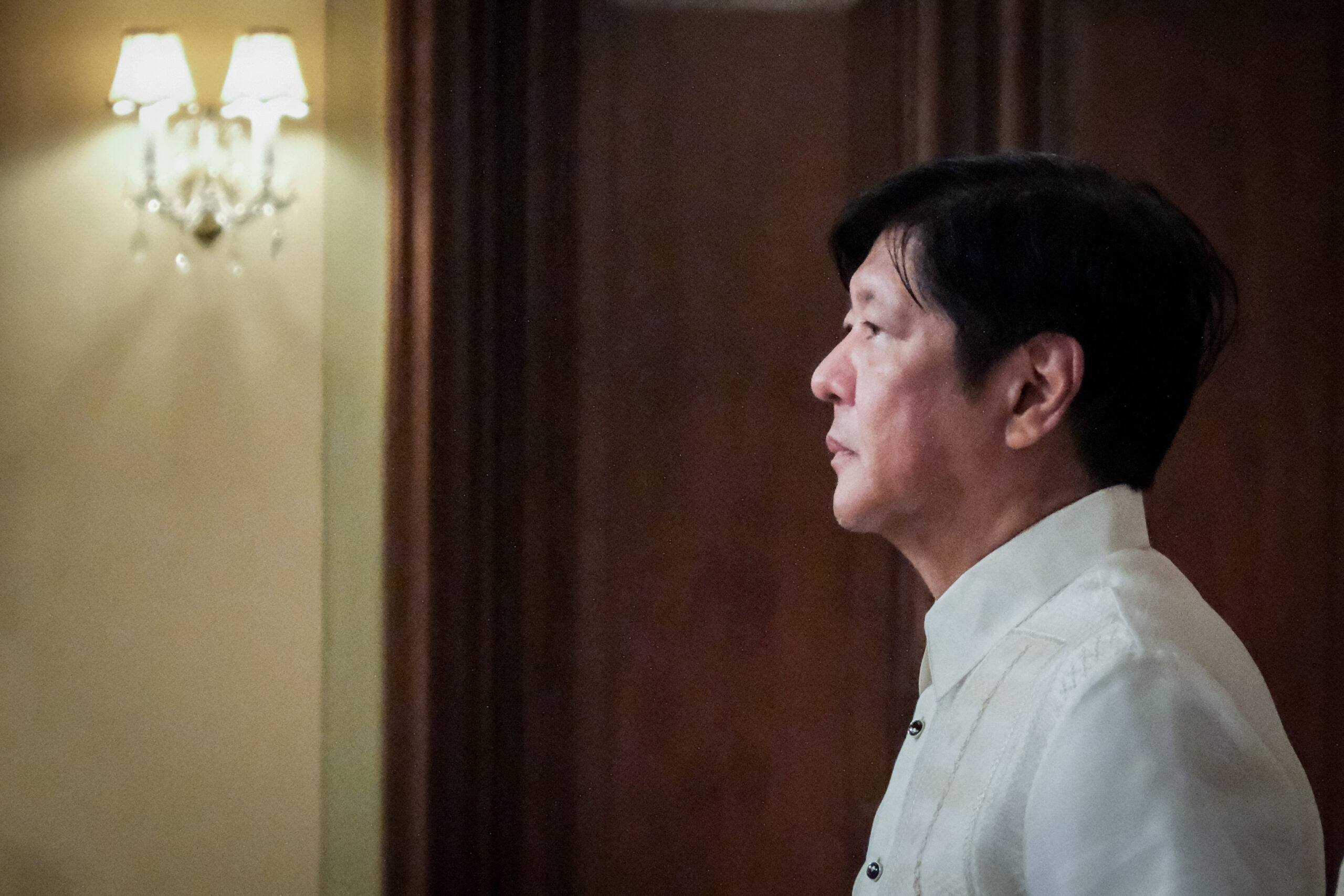The passing of a new ordinance (Administrative Order 22/AO22), which is intended to set up a new special committee to improve the human rights situation in the Philippines, has met with increased criticism from civil society and the government opposition.
Former senator Leila de Lima sees the AO22 as a “correct move” that shows the Philippine administration intends to “prioritize the protection of Filipinos’ rights.” However, the current spokesperson of the opposition Liberal Party (LP) criticized that the Marcos administration must ensure that the National Commission on Human Rights (CHR) and other non-governmental organizations are included in the special committee. According to De Lima, this would prevent the committee from becoming an “echo chamber of government propaganda of its human rights record.”
Carlos Isagani Zarate, former Bayan Muna congressman, added that the AO22 is nothing special. Zarate instead called for the abolition of the controversial National Task Force to End Local Communist Armed Conflict (NTF-ELCAC). The majority bloc in the House of Representatives, on the other hand, sees the new committee as an opportunity for better coordination between actors in the human rights sector.
CHR Chair Richard Palpal-latoc emphasized that the AO22 has the option of inviting the CHR as a “member and/or observer.” The mandate of the independent institution includes monitoring the government’s compliance with the protection of human rights. Therefore, according to Palpal-latoc, the special committee does not represent a conflict with the CHR mandate.
In a joint statement, dated May 21, 2024, international and national human rights organizations, including the Action Network Human Rights-Philippines (Aktionsbündnis Menschenrechte-Philippinen/AMP), stated that the Special Committee has fundamental problems that prevent it from addressing the most pressing human rights needs: ensuring accountability for serious human rights violations and ending actions that cause human rights violations in the first place. The organizations argued that the government agencies leading the committee have not made a significant contribution to addressing the human rights situation and are also part of the problem. Moreover, according to the organizations, other measures would be much more effective, such as cooperating with the investigators of the International Criminal Court, passing a law against so-called “red-tagging” (i.e., branding individuals or organizations as “terrorist”) and ending the previous government’s plicies that operationalized extrajudicial killings in the so-called “war on drugs.”
Amnesty International was also critical about the new committee, noting that the existing CHR could fulfil the objectives of the new body.
Photo © AMP

